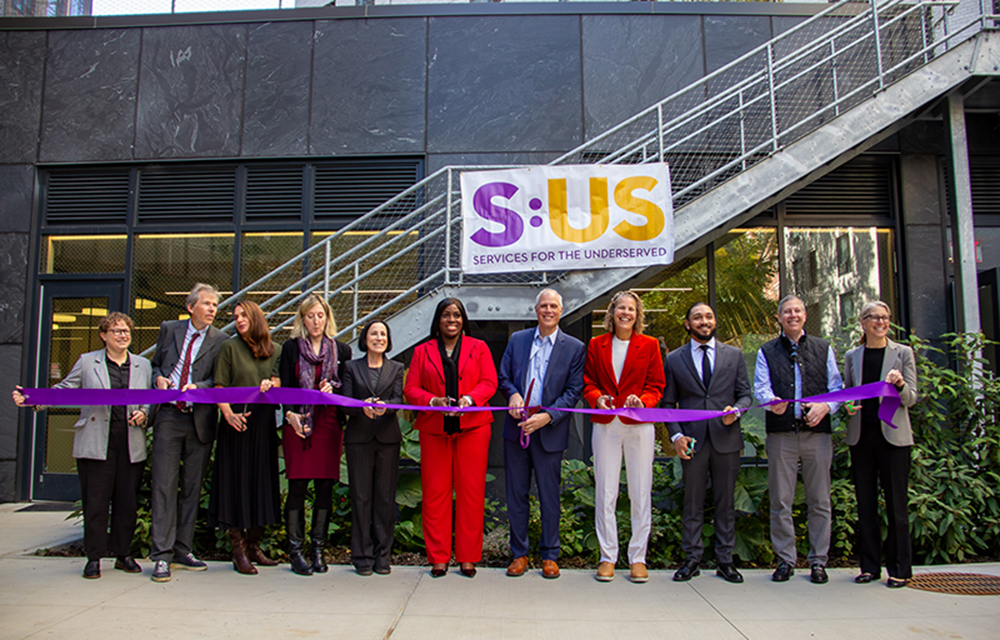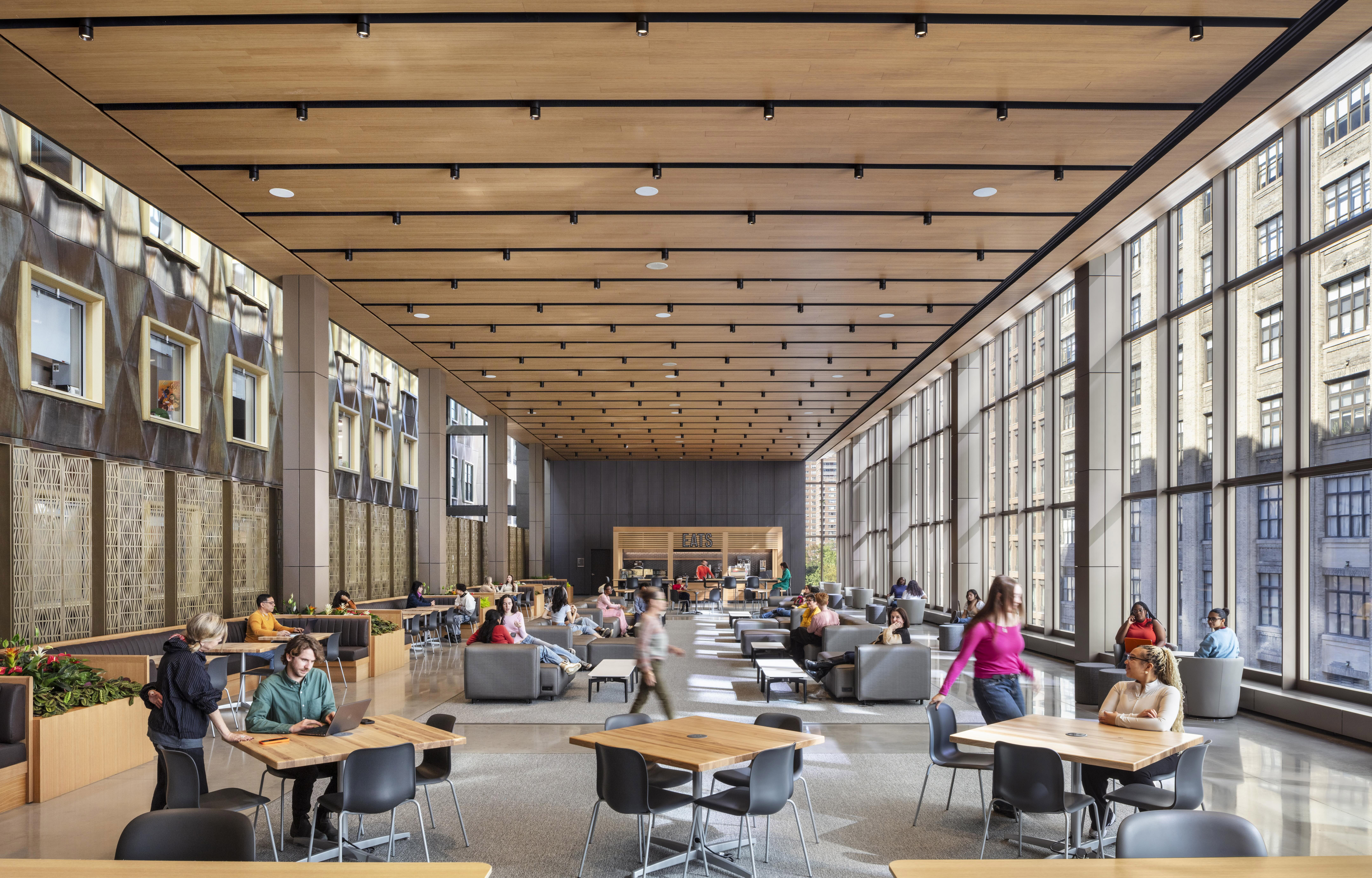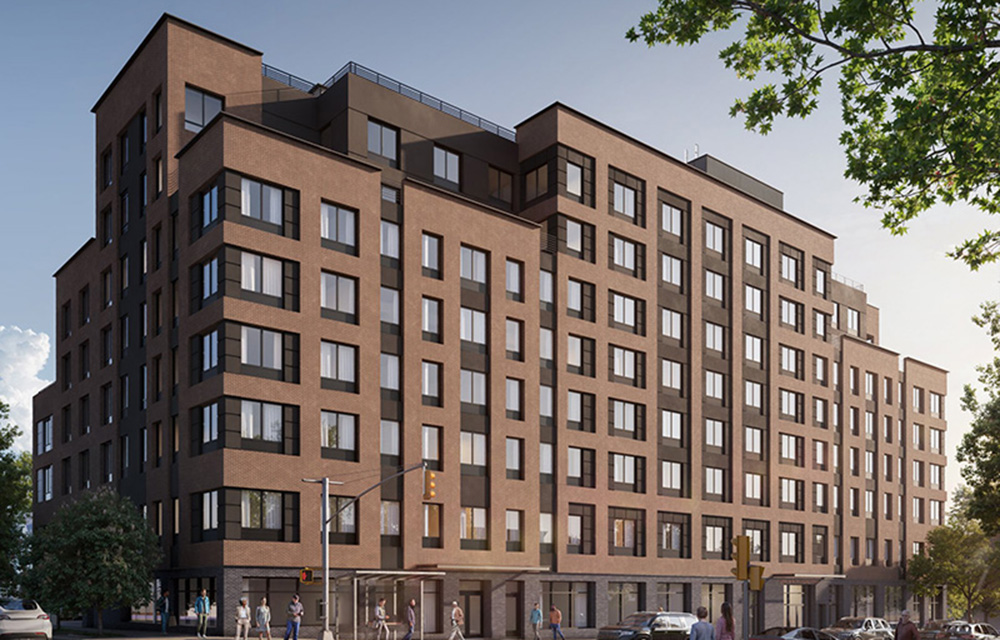News:
Construction Design & Engineering
Posted: August 13, 2012
What is so special about "Special Inspections?" Formerly referred as "Controlled Inspections"
There are two words to describe New York City's latest undertaking to continually ensure safe building practices - Special Inspections. With the merging of sections of the International Building Code into the 2008 New York City Building Code, "Special Inspections" replaced what were formerly referred to as "Controlled Inspections," which were required for various items of work that impact structural integrity, fireproofing, excavation, demolition, soils stability and other work1. Despite the new name and new requirements, the primary reason for Special Inspections remains the same - to verify that the work being done during the construction process complies with approved plans and specifications.
The People
Special Inspections must be performed by a Special Inspector, an individual with specialized skills, experience, and certifications, who observes critical building and/or structural features identified by the design professional as required by Chapter 17 of the Building Code and Title 1 of the Rules of the City of New York (1 RCNY). The Special Inspector is employed by an accredited firm known as a Special Inspection Agency, which must be hired directly by the owner of the building or the owner's agent.
The Process
Prior to the commencement of work, the special inspector will review the contractor's proposed sequence of operations and determine the areas of work that require design. The special inspector will then prepare a written statement, mutually acceptable to the contractor and the special inspector, which indicates:
* The portions of work requiring design.
* The names and addresses of the licensed professionals that have been engaged to supply design documents for applicable work.
* The approximate dates for delivery of design documents.
* A schedule of special inspections at agreed-upon intervals, including adequate frequency to ensure the contractor's continued compliance with the proposed designs and sequence of construction operations.
The special inspector will visit the jobsite at the scheduled intervals to inspect the work and verify that the work conforms to the approved construction documents. Special Inspections may be continuous or periodic depending on the type of work being performed. It is important to note that Special Inspections are in addition to, not a substitute for, Progress Inspections or regular construction monitoring services provided during a project.
Following the completion of each inspection, the special inspector provides the owner with a written report of each inspection, which includes descriptions of the work being performed at the time of the inspection and any items of work not in compliance with the approved construction documents. Discrepancies must be reported and corrected as required by §1704.1.2 of the Building Code. Hazardous conditions, if any, must be reported immediately to the Commissioner of the Buildings Department.
The Special Inspection Agency maintains copies of a special inspection log book, the original; design documents, and any necessary revisions of those design documents. The owner and the contractor must also maintain copies of the log book at the jobsite until the work is completed.
The special inspection requirements for a specific construction project are determined by both the registered design professional and the Department of Buildings. If the registered design professional determines that Special Inspections are not required for an item of work, a Department of Buildings Plan Examiner may still issue objections or require sealed and signed waivers of special inspection requirements so that a Work Permit can be approved. In that event, the registered design professional should submit an Additional Information (AI-1) form stating the reasons why a Special Inspection is not required with citations of applicable sections of the Building Code to avoid delays in obtaining approval of the Work Permit.
In summary, the goal of Special Inspections is to verify that the work complies with the specified requirements of the approved construction documents and that quality workmanship has been incorporated into the construction and restoration of buildings.
1. As indicated on the Department of Buildings' TR1 form and stated in Chapter 17 of the Building Code.
Douglas Schultze and Andre Parnther are senior project managers at Merritt Engineering Consultants, P.C., Bayside, N.Y.
MORE FROM Construction Design & Engineering
Troutbrook expands with boutique condo project and Marriott Fairfield Inn & Suites renovation
Brooklyn, NY For more than 25 years, Troutbrook/Freud Development has remained focused on executing design-driven projects across the city. Its latest ventures reflect both a continued push into boutique residential development and an expansion

Quick Hits







.gif)
.jpg)

.gif)